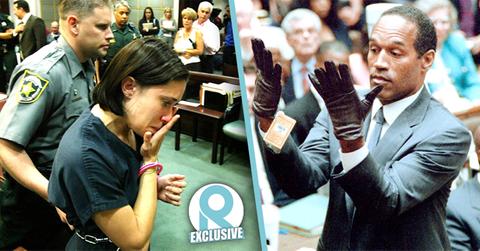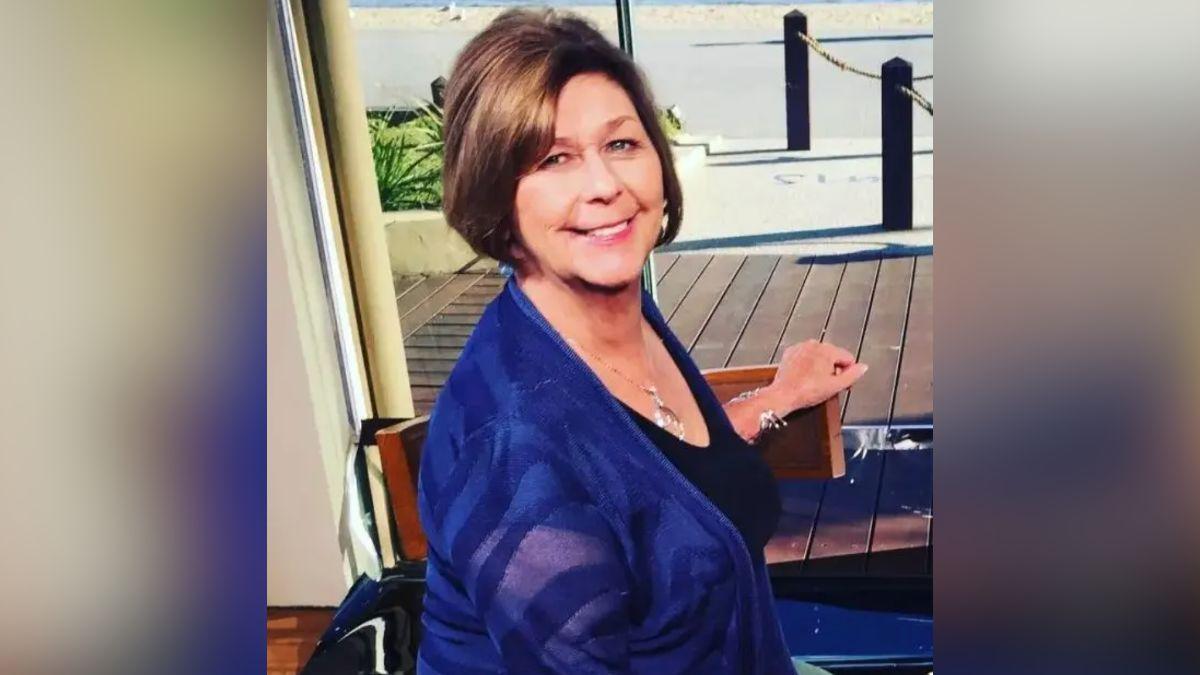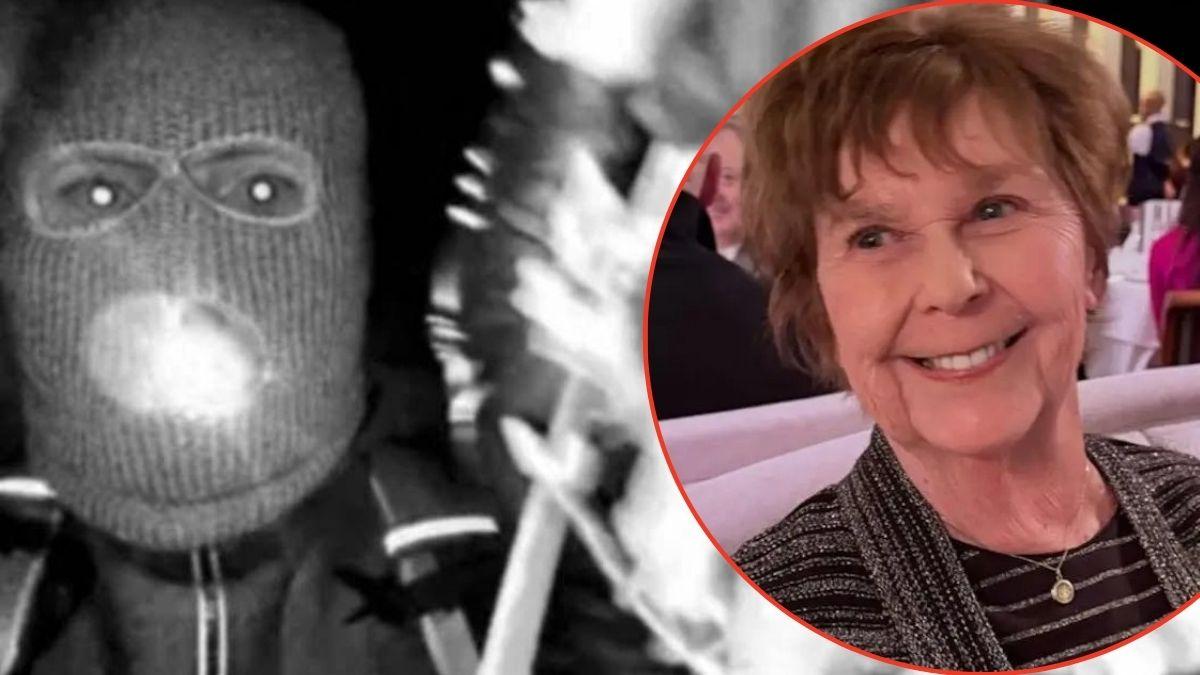Trial Expert Weighs In On O.J. Simpson & Casey Anthony Acquittals — 'The Media Feast Desensitized Jurors — Armchair Justice Is Not New'

June 14 2014, Published 11:19 a.m. ET
Trial expert Robert Gabriel has just released a new book about some of America's most famous acquittals and RadarOnline.com has exclusively obtained excerpts in which he describes why famous names like O.J. Simpson and Casey Anthony were found not guilty.
Released on June 3 — just in time for the 20-year anniversary of when Simpson's wife, Nicole Brown Simpson, and friend Ron Goldman were murdered — Gabriel's new book Acquittal: An Insider Reveals the Stories and Strategies Behind Today’s Most Infamous Verdicts gives the ultimate courtroom insider perspective on cases that led to public outrage.
"I have never run across a stronger or more palpable anger than I encountered in this case," he wrote of Anthony.
"There is frustration anger and there is betrayal anger. This was an anger born of deep hurt. It was personal."
Indeed, fury over Anthony's acquittal ran deep with the public, and 20 years later there's still debate over Simpson's case verdict.
"Since the trial’s conclusion in 1995, a myth has been perpetuated that if only the prosecution had filed their case and tried it in Santa Monica, it would have had a different outcome. It wouldn’t have," Gabriel said of the Simpson trial.
"The more that prospective jurors heard about the case, the more they could not distinguish real facts from the hype and sensationalized coverage. Thus, evidence got buried in the slag heap of hearsay and rank speculation that ran amok in the scramble for scoops. Jurors were already suspicious and had more than a modicum of doubt about everything that they had heard, even the prosecution’s hardest of hard evidence."
Gabriel continued, "This unprecedented media feast also desensitized jurors to the evidence they were going to hear in the actual trial. The 911 calls and pictures of the Bundy crime scene had lost the visceral punch of the first time seeing those bloody images and hearing the fear and anguish in Nicole’s voice.
" . . . Armchair justice is not new. Celebrity justice is not new. But on a stretch of the I-405 freeway on a sunny June afternoon in 1994, Pandora’s box was opened, and the chaotic clash of new media, journalism and advertising dollars, public craving, criminal investigations and prosecutions, celebrity culture, and constitutional protections were unleashed on our unwitting justice system. And we are still trying to close the box."
Much like Simpson, Anthony's entire case and trial had been well documented in the media but this time Florida was "trying to put this petite young woman to death" and it did "not fit our archetype — a woman on death row. Maybe that is why less than 2 percent of death row inmates are women" he noted.
"…These jurors that spoke to us and sat in judgment of Casey were ordinary people: a gym teacher, a retired nurse’s aide, two people who worked for Verizon, an IT worker, a salesman, a secretary, a handyman, a cook. One was a policeman’s daughter, one was a lawyer’s daughter. Two had difficulty with the death penalty, and two previously thought Casey to be guilty. All would unanimously make one of the most difficult decisions they had made in their lives," Gabriel wrote in Acquittal.
"Real trials, like real life, are complicated, sad, confusing, and sometimes inexplicable. They do not fit into an hour-long news show or detective drama. American justice is not American Idol. It is a process. A messy, frustrating process. And it is one of the prices of unfettered democracy."
Gabriel claims that pretrial publicity "had a counterintuitive effect" on the Simpson trial and looking for jurors who likely had the "eye for an eye" mentality in the Anthony trial didn't work as anticipated by prosecutors.
"Just like everyone else, you want to solve the mystery. You look for the clues to help you find out what really happened: that hidden piece of evidence, that document, that revealing mannerism to provide you with that TV-show 'Aha!' revelation, when all becomes clear and the pieces fall into place. But it doesn’t come. You don’t find them. In actuality, the deeper you dig, the more complicated, confusing, and contradictory this world becomes," Gabriel added.

PHOTOS: Serial Killers In A Skirt — 30 Cold Blooded Murderers Who Are Women
"With discomfort, you slowly realize you will never know what happened. Because the truth lies in the past . . . Because this is real life. And real life is messy, incomplete, unknowable. And that is a problem. Because trials are about trying to know the unknowable."


